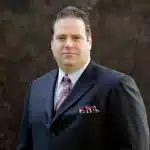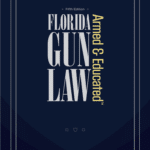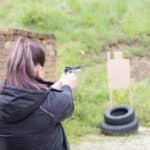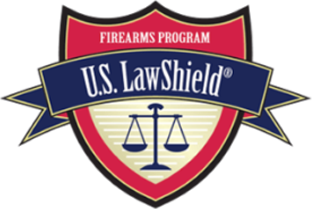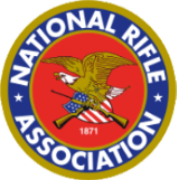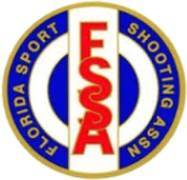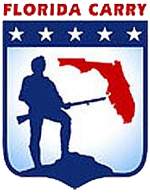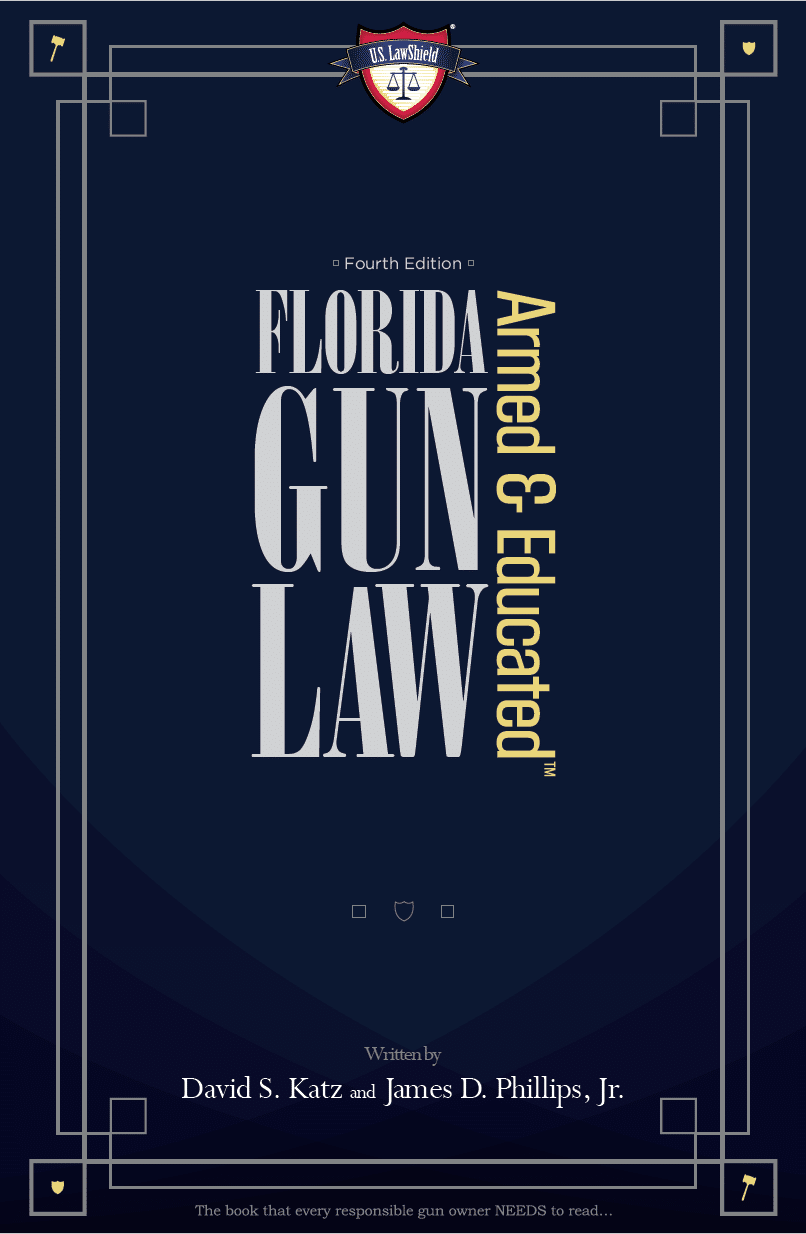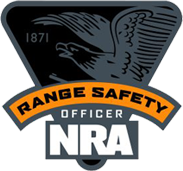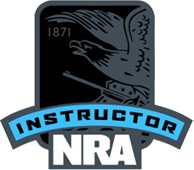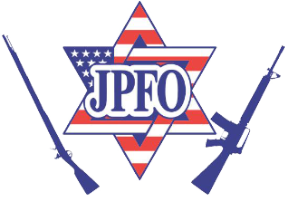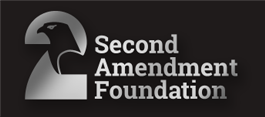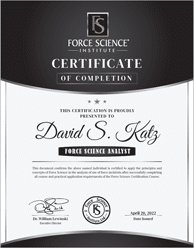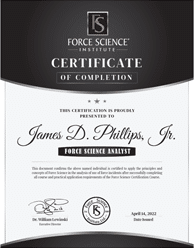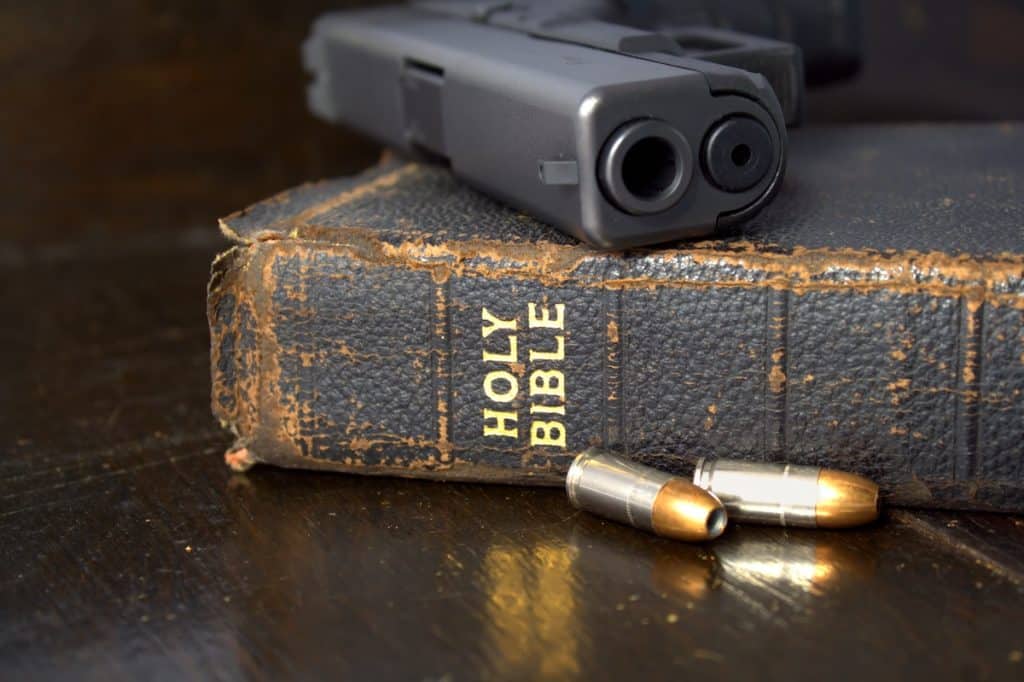
- December 11, 2018
- |
- Carry Laws,Church Carry,Florida Carry Laws FAQ,Gun Laws,Gun Ownership FAQ,Use of Force
Volunteer Armed Church Security
Florida law changed on June 30, 2021. This article has been updated to include the change in Florida Law.
Volunteer Armed Church Security Force
Can a group of CWFL holders join together to act as an organized, volunteer armed church security force, even if uncompensated? Can a CWFL holder even carry a weapon at a church or other religious institution?
There is NO law in Florida prohibiting the carry of a firearm at a church or other religious institution. Generally, a CWFL holder can carry concealed at a place of worship in this state. However, until House Bill 259 was signed into law by Governor DeSantis on June 30, 2021, there were some common exceptions at many religious institutions.
Property of a School
Under the new Florida law, effective June 30, 2021, if a church or other religious institution owns, rents, leases, borrows, or lawfully uses a property, a firearm may be carried onto the property for any of the following purposes: safety, security, personal protection, or any other lawful purpose. This applies even if the church has a school or day care.
Volunteer Armed Church Security Force
Now that we know that congregants can lawfully carry on the property of their church, we can discuss whether or not a church can allow congregants to act as an organized, volunteer, armed church security force. This is a complicated issue, which there is much disagreement over. Due to the large number of shootings occurring at churches and other religious institutions, many churches have established security forces made up of volunteers from their congregation. Although as stated above, there is no prohibition from carry at church, having CWFL holders organize and act as security for the church may not be the best course of action.
Is It Illegal?
Volunteer armed church security forces may be illegal and can lead to both civil and criminal actions. The issue here is not whether an individual may conceal carry at church for his or her own protection. The issue is whether or not a group of CWFL holders may organize themselves, or be organized by the institution, to act as a private security company to provide security services to a church without being properly licensed even if uncompensated.
Unfortunately, the statute in question is not that clear. The licensing of security guards is discussed in Florida Statutes Chapter 493. In particular, Florida Statute 493.6101 defines security officer. Subsection (19) in relevant part reads: “Security Officer” means any individual who, for consideration… guards persons or property…” What is consideration? Consideration is not just compensation, but really includes anything of value. For instance, is the unlicensed voluntary armed church security team provided free training? Does the institution pay for the ammunition used and range time for the voluntary security force? Does the institution give the members of their security team a free t-shirt or jacket indicating that they are part of the “team?” These items can be held to be consideration, therefore, even if not paid for their time, these volunteers who receive something of value for their services and therefore would require licensing under Florida law. Only if the temple or church security team members receive NO consideration whatsoever would they fall outside the definition of Security officer. Therefore team members would have to pay for their own training, supplies and uniforms and not receive any benefit by being a part of the security team, such as free lunch while training.
Further, Florida Statute 493.6102 lists those individuals that the Chapter does not apply to. In relevant part, it reads, “This Chapter shall not apply to… “(13) Any individual employed as a security officer by a church or ecclesiastical or denominational organization having an established physical place of worship in this state at which nonprofit religious services and activities are regularly conducted or by a church cemetery to provide security on the property of the organization or cemetery, and who does not carry a firearm in the course of her or his duties.”
When a statute is not clear in its meaning, the court looks to the intent of the legislature to decide what was intended. When it comes to licensing security guards the legislature wrote:
493.6100 Legislative Intent. – The Legislature recognizes that the private security, investigative, and recovery industries are rapidly expanding fields that require regulation to ensure that the interests of the public will be adequately served and protected. The Legislature recognizes that untrained persons, unlicensed persons or businesses, or persons who are not of good moral character engaged in the private security, investigative, and recovery industries are a threat to the welfare of the public if placed in positions of trust. Regulation of licensed and unlicensed persons and businesses engaged in these fields is therefore deemed necessary.
What is the Legislature’s Intent?
Here, the legislature clearly makes known its intent to regulate anyone providing security services. This clearly includes whether or not they have a security license. Further, this statement says nothing about regulating only paid (compensated) security services. Based on this statement of legislative intent, a judge might determine that the unlicensed provision of security services even by volunteers is forbidden. Alternatively, a judge could look at the statute and say that if the legislature had intended to regulate unpaid voluntary security, they would have explicitly said so.
What about Civil Implications?
Currently, there are no reported cases dealing with volunteer armed church security forces, so caution is recommended. Further, if CWFL holders are organized and operating with church knowledge and permission, or at the church’s request and organization, the church is opening itself up to potential civil liability if something goes wrong and an innocent person is shot by one of these security force members, or if a member of the “security force” uses excessive force.
As we get more questions, we will continue to update this article, so check back for updates.
To learn more about the new law, click here.
Read House Bill 259 which has been signed into law.
Get in touch

"*" indicates required fields
Copyright © 2024 The Firearm Firm All rights reserved.
